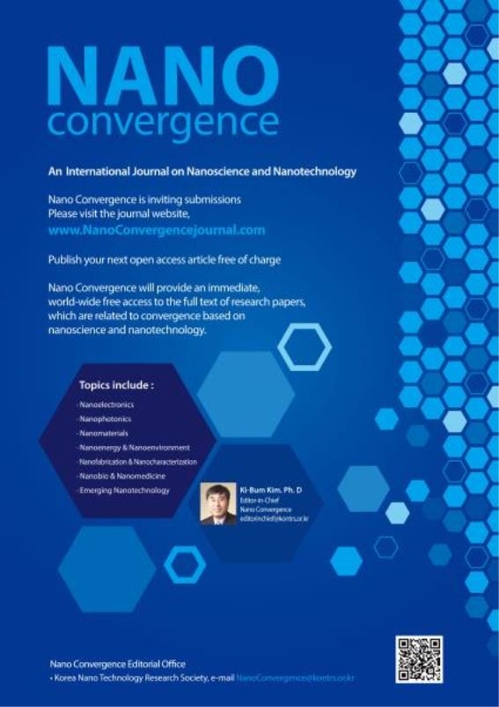Podcasting and ethics: Independent podcast production in New Zealand
IF 13.4
2区 材料科学
Q1 MATERIALS SCIENCE, MULTIDISCIPLINARY
引用次数: 0
Abstract
In New Zealand – like in the US and UK – independently produced podcasts fall outside of local media regulations. New Zealand’s media laws and regulatory bodies remain broadcast and legacy media-focussed, so podcast content that has not been previously broadcast is not regulated or otherwise overseen. In the absence of regulation, this study explores the ways nine independent podcast producers from New Zealand self-govern their content, as well as their motivations for doing so. It is an investigation of the ways ‘amateur’ content producers approach media ethics, and more broadly podcast production in practice. Not guided or bound by formal publishing or editorial responsibilities, and mostly with no formal media training, study participants demonstrate adherence to journalistic principles. They consider ethical and editorial quandaries as they arise during the production process, factoring in the needs and disposition of their audience. This process is informed by their worldview, as well as their perspectives and experiences as media consumers. Though these podcasters champion the ethos of independent podcasting, the content of their shows is not free from third party influence. These podcasters are also parents, partners, employees, and colleagues; life roles that inform the content of their show. Though they push back against podcasting being legislated, these podcasters see value in creating an informal set of guidelines or a voluntary code of practice for podcasting in New Zealand. This project contributes to ongoing explorations of independent podcasting and podcasting practice, focussing on what defines, motivates, and informs self-driven practitioners.播客和道德:新西兰的独立播客制作
在新西兰,就像在美国和英国一样,独立制作的播客不受当地媒体法规的约束。新西兰的媒体法律和监管机构仍然以广播和传统媒体为重点,因此以前未广播的播客内容不受监管或以其他方式监督。在缺乏监管的情况下,本研究探讨了来自新西兰的9位独立播客制作人自我管理其内容的方式,以及他们这样做的动机。这是对“业余”内容生产者对待媒体道德的方式的调查,更广泛地说,播客生产在实践中。没有正式出版或编辑责任的指导或约束,而且大多数没有接受过正式的媒体培训,研究参与者表现出对新闻原则的遵守。他们考虑在制作过程中出现的道德和编辑困境,考虑到观众的需求和倾向。这个过程是由他们的世界观,以及他们作为媒体消费者的观点和经验所决定的。尽管这些播客拥护独立播客的精神,但他们的节目内容并没有摆脱第三方的影响。这些播客也是父母、伴侣、员工和同事;生活角色,告知他们的节目内容。虽然他们反对将播客立法,但这些播客者认为,为新西兰的播客创建一套非正式的指导方针或自愿的实践准则是有价值的。该项目有助于独立播客和播客实践的持续探索,重点关注是什么定义、激励和通知自我驱动的从业者。
本文章由计算机程序翻译,如有差异,请以英文原文为准。
求助全文
约1分钟内获得全文
求助全文
来源期刊

Nano Convergence
Engineering-General Engineering
CiteScore
15.90
自引率
2.60%
发文量
50
审稿时长
13 weeks
期刊介绍:
Nano Convergence is an internationally recognized, peer-reviewed, and interdisciplinary journal designed to foster effective communication among scientists spanning diverse research areas closely aligned with nanoscience and nanotechnology. Dedicated to encouraging the convergence of technologies across the nano- to microscopic scale, the journal aims to unveil novel scientific domains and cultivate fresh research prospects.
Operating on a single-blind peer-review system, Nano Convergence ensures transparency in the review process, with reviewers cognizant of authors' names and affiliations while maintaining anonymity in the feedback provided to authors.
 求助内容:
求助内容: 应助结果提醒方式:
应助结果提醒方式:


